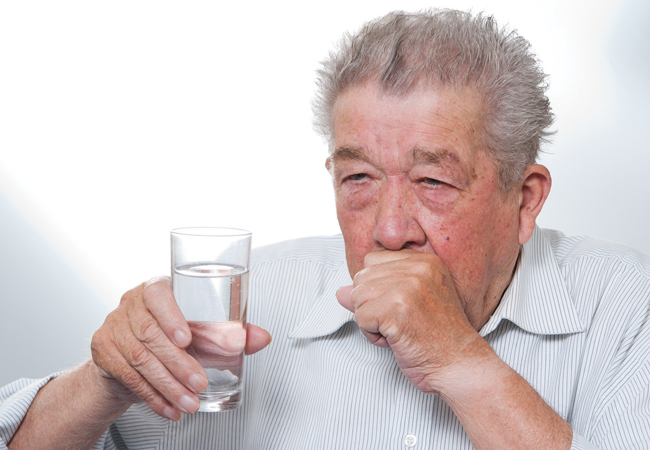
Irritant chemicals are contributing to indoor health issues
Indoor air pollution caused or contributed to 99,000 deaths across Europe in 2012, according to a new report from two major UK health bodies.
The Royal College of Physicians and Royal College of Paediatrics and Child Health have called for more specific research to be carried out, to deepen understanding of the key risk factors associated with poor indoor air quality (IAQ) and its causes. But the colleges said it was already apparent that increased levels of airtightness were adding to a growing problem.
Indoor and outdoor air pollution causes at least 40,000 deaths a year in the UK and costs the economy £20bn, according to the new report, which also cites growing evidence of harm to children’s health and intelligence.
It points to emissions from faulty boilers, gas cookers and heaters – as well as irritant chemicals from new furniture, air fresheners and household cleaning products – as contributing to rising health problems inside well-sealed buildings. House-dust mites, mould and dander from pets can also damage health, the report said.
‘The building engineering industry has been waiting a long time for the medical profession to acknowledge the seriousness of the problem inside buildings,’ said David Frise, head of sustainability at the Building Engineering Services Association (BESA).
‘There is no shortage of research on outdoor pollution, but as the situation worsens outside, so does the impact on human health inside.’
‘Indoor air quality is a key element of building performance,’ added CIBSE technical director, Hywel Davies.

